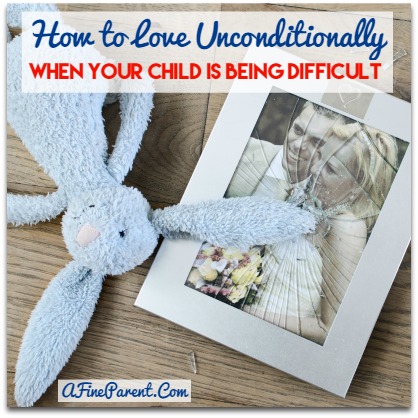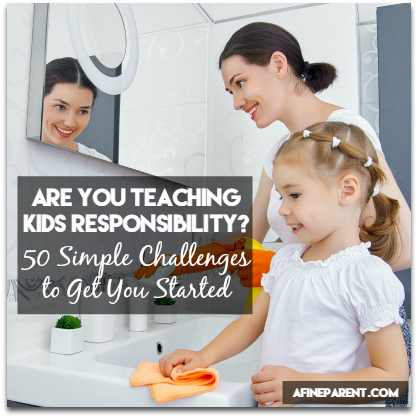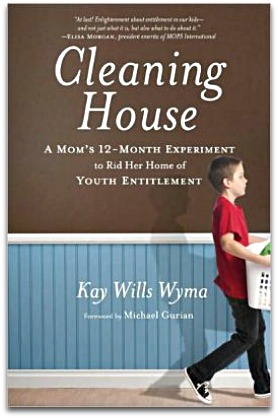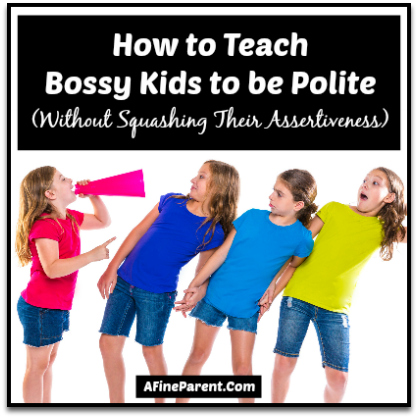 So we’ve all heard parenting experts tell us that the one thing children need most to grow and thrive is unconditional love from their parents.
So we’ve all heard parenting experts tell us that the one thing children need most to grow and thrive is unconditional love from their parents.
It is easy to say that we love our children when they are being good.
Figuring out how to love unconditionally when kids are being really difficult is quite another.
I thought that I had mastered the art of teaching my children compassion, empathy and the love of family. I thought that unconditional love came easily for me.
But that was before I opened my home to my little four-year-old foster son, who came to me kicking, screaming and daring me to love him.
The first time I saw Frank, my new foster son, was at the Loxahatchee Feed Store. His former foster mother was dropping him off. He was too spirited of a child for her and her mother to take care of, she had explained to me over the phone. The agency had thought of me.
The little boy in front of me did not smile. He was a little bit of a boy, with curly black hair and large brown eyes. His skin was the color of milk chocolate. I had fallen in love with him the very minute that I laid eyes on him.
On the second day of my new foster son’s arrival, I woke to the sound of screams. I ran to my living room. Frank had somehow broken my 16-year-old son’s fish tank. Glass and dying, flopping fish were scattered across my floor. Ethan picked up the fish and ran to our canal in a futile attempt to save their lives.
A few minutes later I found Frank heading down my driveway, his backpack and Spider man suitcase in tow.
“Where do you think you are going?” I asked him.
 How do they do it?
How do they do it? We saw several articles this month outlining a variety of ways to build character in our kids. But, what if none of our efforts seem to make any difference?
We saw several articles this month outlining a variety of ways to build character in our kids. But, what if none of our efforts seem to make any difference? How capable are your kids?
How capable are your kids?
 It’s a bit embarrassing when someone describes your kids in ways that are less than complimentary, isn’t it?
It’s a bit embarrassing when someone describes your kids in ways that are less than complimentary, isn’t it?